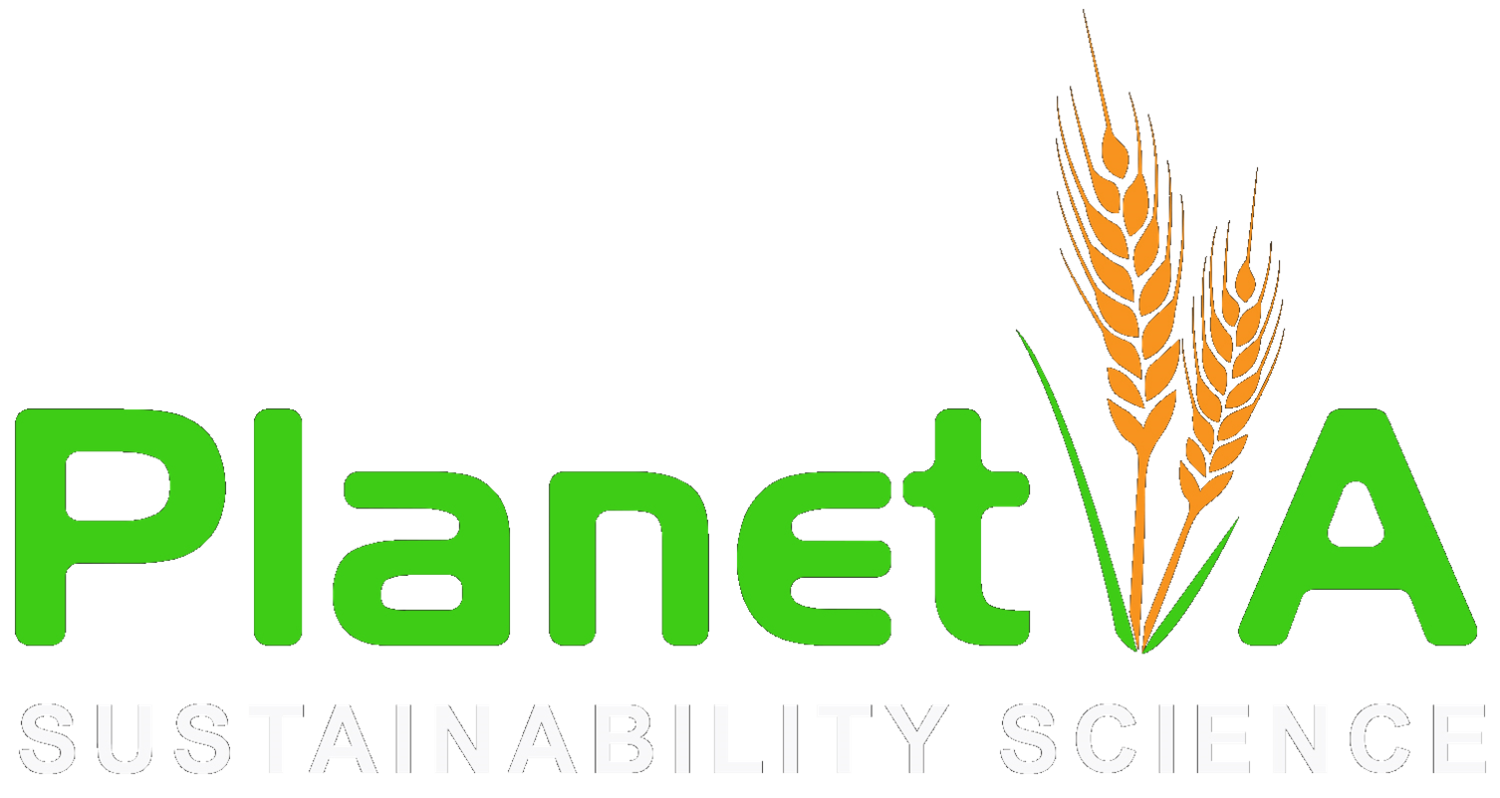Summary: Food systems contribute to environmental degradation through greenhouse gas emissions, water use, and deforestation, and are forecast to be heavily impacted by climate change. Transitioning to zero emissions presents challenges in determining the best path forward, but also opportunities for economic growth through innovation. However, consumers and producers lack information about the environmental impact of different food products compared to their nutritional content. Providing information about the environmental and health impacts of foods can shift consumers, producers, marketers, and governments towards healthier and more sustainable food choices. Access to information about food is a basic consumer right in market-based economies. National and international policies recognize that providing user-friendly, evidence-based information helps people make healthier food choices and is necessary for reducing diet-related diseases. Providing information to help people reduce their environmental impact through food choices is also increasingly acknowledged as important for well-functioning food systems. As part of the Healthy Food, Healthy Planet, Healthy People Centre for Research Excellence, this project will estimate sustainability impacts (e.g., greenhouse gas emissions, water and land use) for foods in the Australian FoodSwitch database. Sustainability impacts will be compared to the nutrition quality algorithm results produced by project partners to identify degree of alignment within and across product categories.
By: Dr. Özge Geyik

